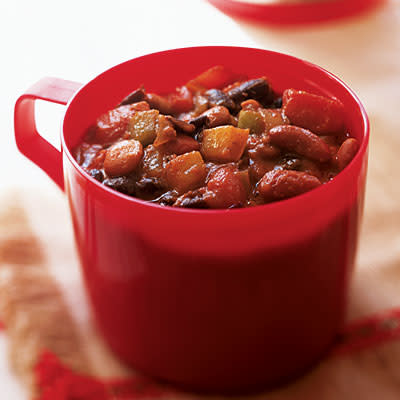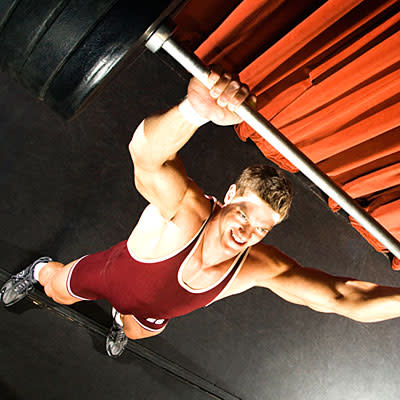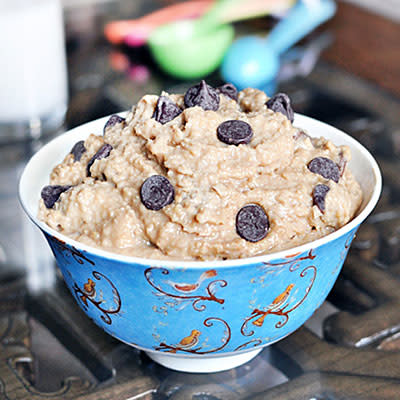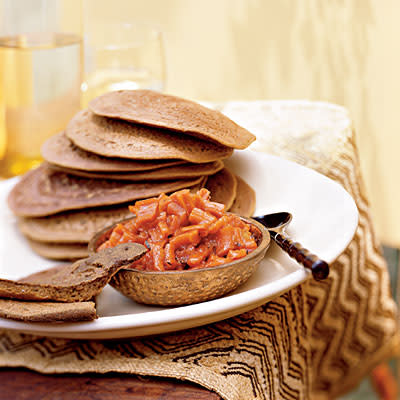The Olympic Athlete Diet
Five nutrition experts working with Olympic athletes share their health secrets and a favorite recipe to help you customize your workout. By: Patricia Bannan, MS, RD
For Olympic athletes, training and competing is a way of life, so properly fueling their bodies is critically important to their success. It's not uncommon for an athlete to train up to 6 hours per day, 6 days per week. While that's likely quite a bit more than the average person's typical activity regimen, eating like an Olympian may benefit you too. Five gold medal-grade nutritionists dish out their famous clients' diet secrets and advice for us average Joes.
Don't Miss:
Best Fitness Gear and Gadgets
Lunchtime Workout Strength Moves
Cardio-Friendly Foods








